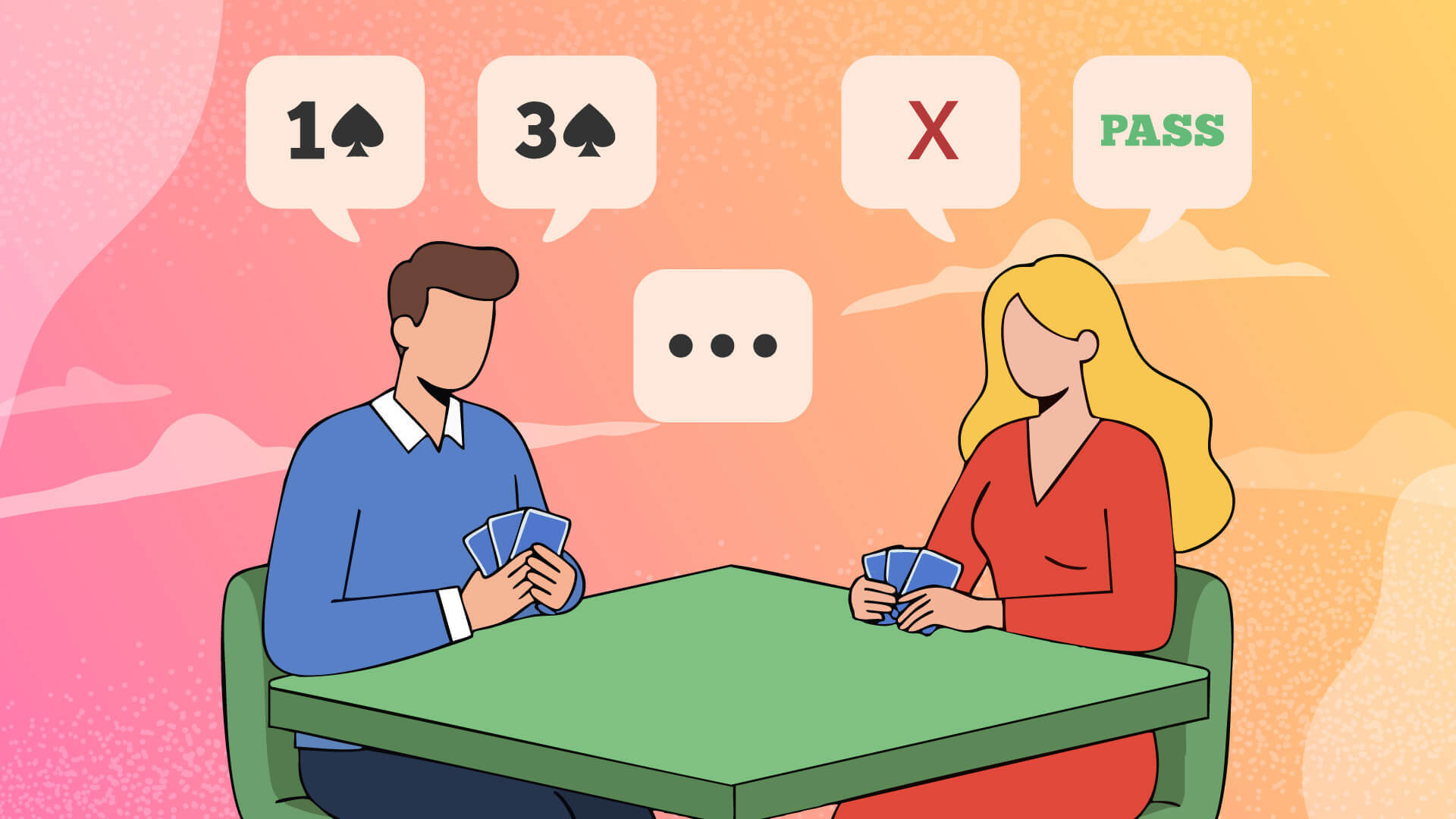
What They Didn’t Bid

Who said that only grand champions could write bridge articles? A few months ago, Funbridge launched a brand-new format of articles that allow talented players to share their expertise on the deals that inspire them the most. We have the pleasure of presenting you with a captivating article below that was written by one of the members of our community.
Zoom in on the author
Yoram Aviram is an experienced bridge player and a former member of the Israeli Junior and Open teams with several achievements on the national and international scenes.
Yoram left the game many years ago to focus on family and work (in the field of computerised trading of financial instruments) and switching hobbies from the mind sport of bridge to the physical sport of competitive road cycling.
He returned to his old passion and adopted Funbridge as the platform on which to refresh his old skills.
He is happy to share deals of particular interest with the Funbridge community on the blog.
What They Didn’t Bid
Milan Macura’s Tuesday matchpoints tournaments are among the most popular on Funbridge. In one of these tournaments, I was the last to speak and I held the following hand:
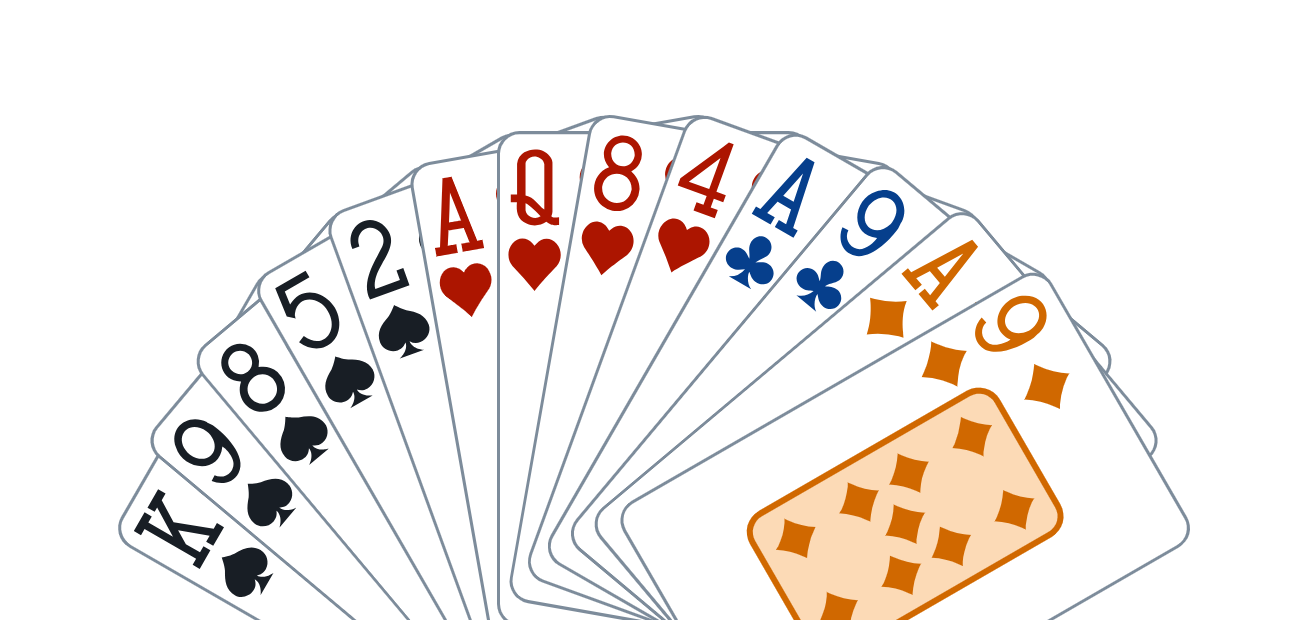
All vulnerable, the auction began with three passes to me. I briefly considered opening a crafty 1NT. But at matchpoints, locating a major suit fit is especially important, so I opted for a standard 1♠ opening.
West doubled for take-out, partner jump-raised to 3♠ (a pre-emptive bid), East passed, and I had a decision to make. At IMPs, I would have bid game without hesitation—missing a vulnerable game is too costly. However, at matchpoints, opposite what might be little more than 13 random cards including a 4-card fit and given West’s take-out double (suggesting a likely offside heart finesse), I seriously considered passing. Still, from past experience I knew Argine sometimes delivers surprisingly nice hands for these raises. In the end, I decided to « go with the field » and bid 4♠.
Everyone passed. West led the ♦K and dummy came down:
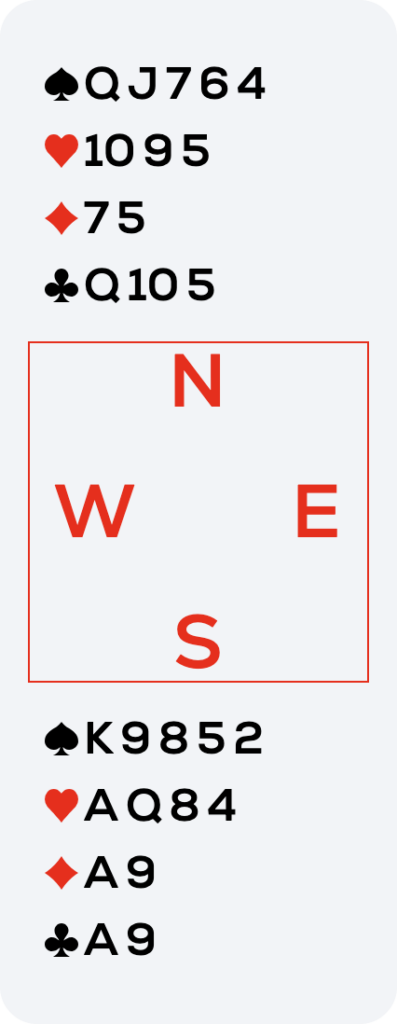
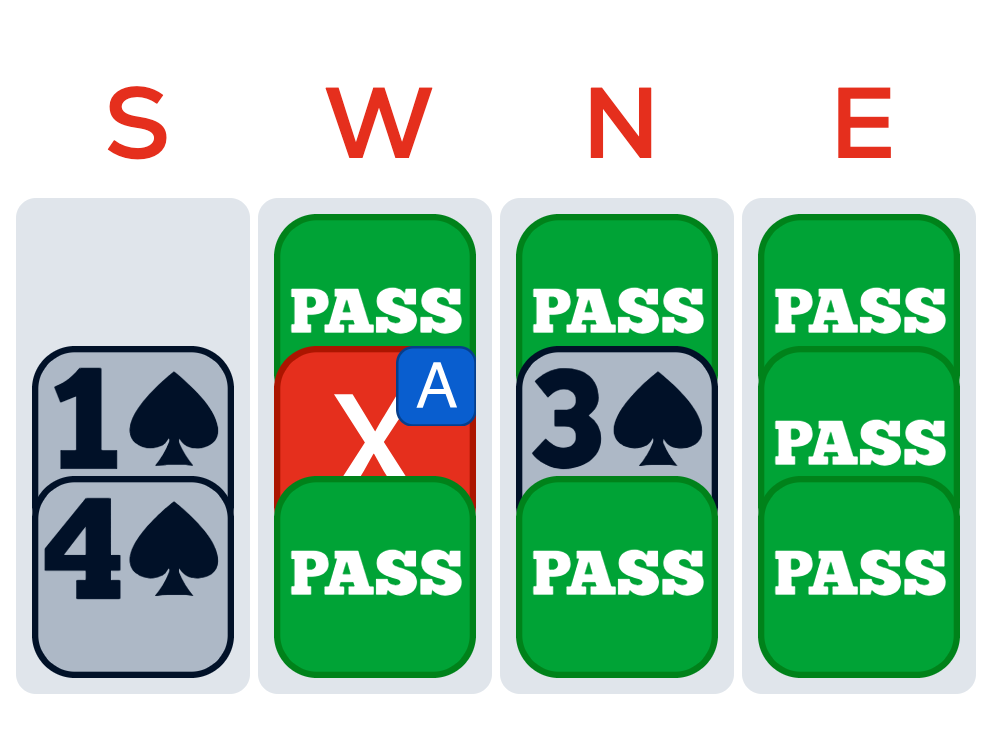
Partner wasn’t on the weak side of his bid, but the prospects still looked grim—we had likely losers in every suit. It seemed that my initial instinct to pass 3♠ might have been wiser.
Still, what chances did I have? Assuming West had at least one of the heart honours, I needed the opponents to open the heart or club suits to my advantage. On the opening lead, East played the ♦J (likely showing the 10) and I ducked to disrupt their communications. West continued with the ♦2 and I won the ♦A.
Next, I led the ♠8 to West’s ♠A (East followed), and West switched to the ♥3. I played dummy’s 10, East played the ♥K, and I won with the ♥A. I then drew the remaining trump with dummy’s ♠Q, on which West discarded the ♥2. It was time to start counting.
This was the position:
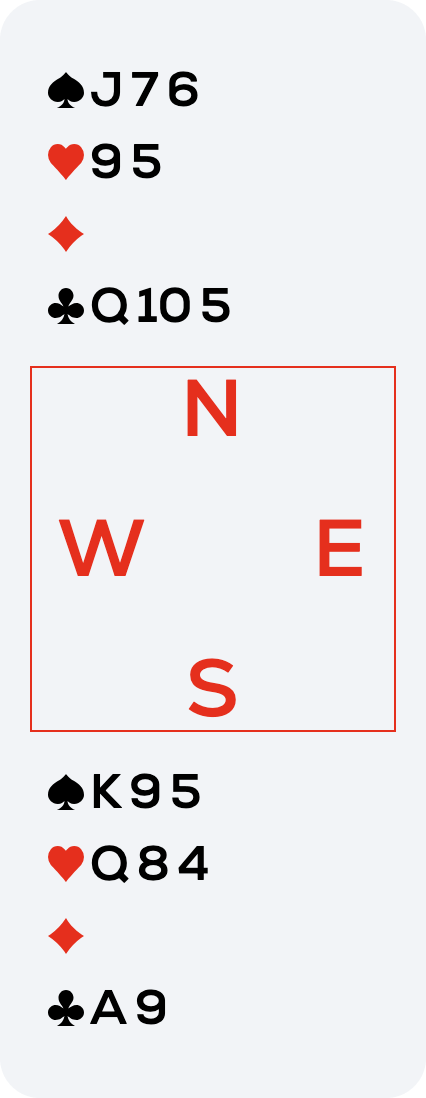
Let’s review the auction: both opponents had initially passed, yet West then made a take-out double. This suggests that West held close to 11 points, short spades and a three-suited hand. So far, West had shown 9 points—the ♠A, ♦K and ♦Q—, meaning East should have the ♣K. Based on West’s high-low heart play (and given they use 3rd/5th leads), they likely began with four hearts, so they probably held the ♥J as well. The location of the ♣J was unclear.
One idea was to try the ♣Q from dummy. If East only had the ♣K, they might not cover, fearing that I held the ♣AJ doubleton, in which case covering would give me three tricks. But East could count too. They had seen West’s high-low in hearts and would know that I held four, so a heart discard on a club wouldn’t help. They would likely cover accurately.
I still had a heart loser (assuming that West held the ♥J), but maybe I could avoid losing a club if I could force the opponents to lead clubs for me or give me a ruff and discard via a diamond.
But then I noticed that West had just discarded a heart. This left him with only two hearts and made him ripe for an endplay.
From the above position, I led a heart from dummy to my ♥Q (East followed low), then another heart, which West won with the ♥J. Now, with only diamonds and clubs left, West exited with a club. Hopeful, I played low from dummy, East followed low and my ♣9 won! West had held the ♣J.
I claimed the remaining tricks. Here are the full hands:
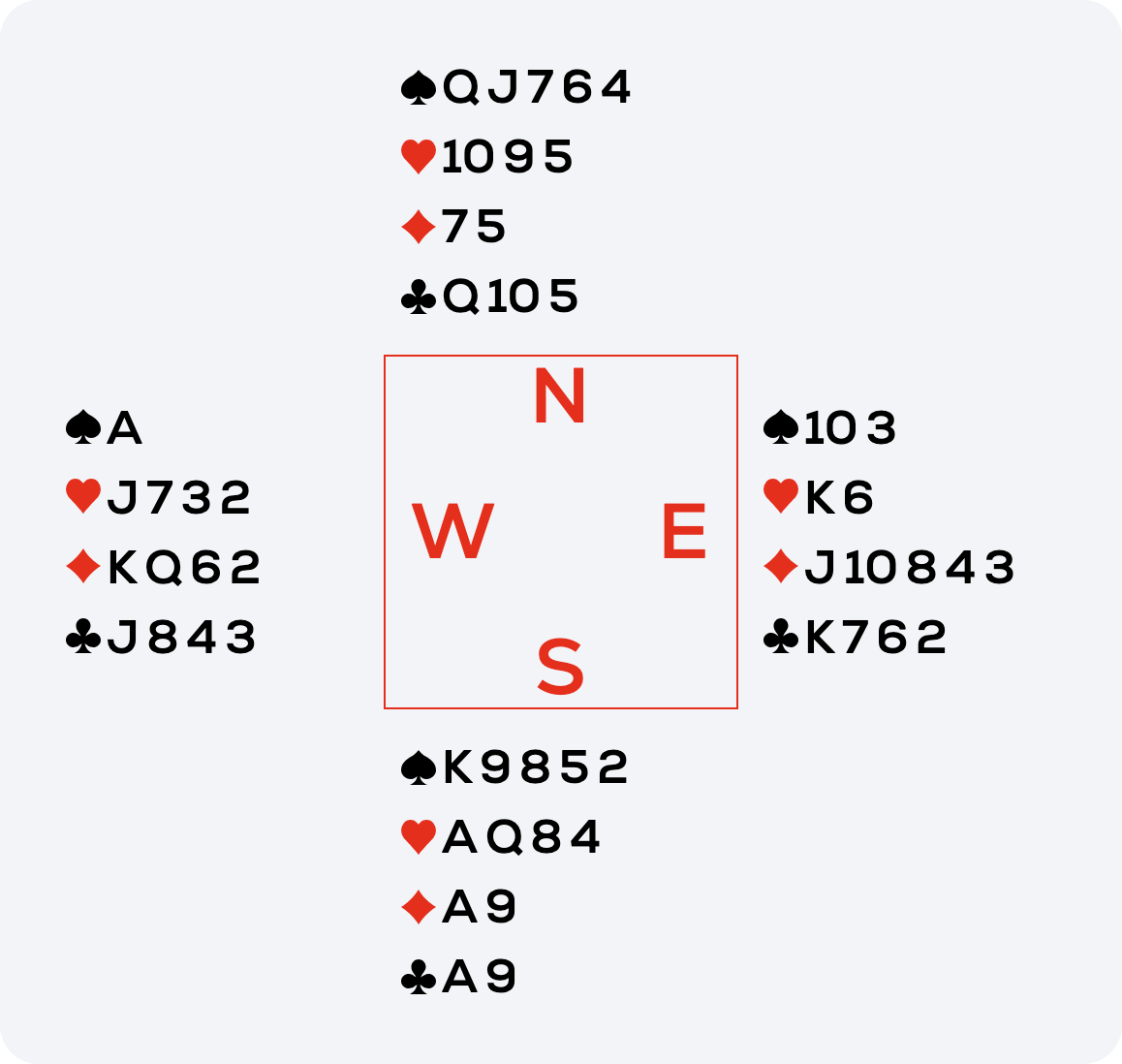
This was the key endplay position:
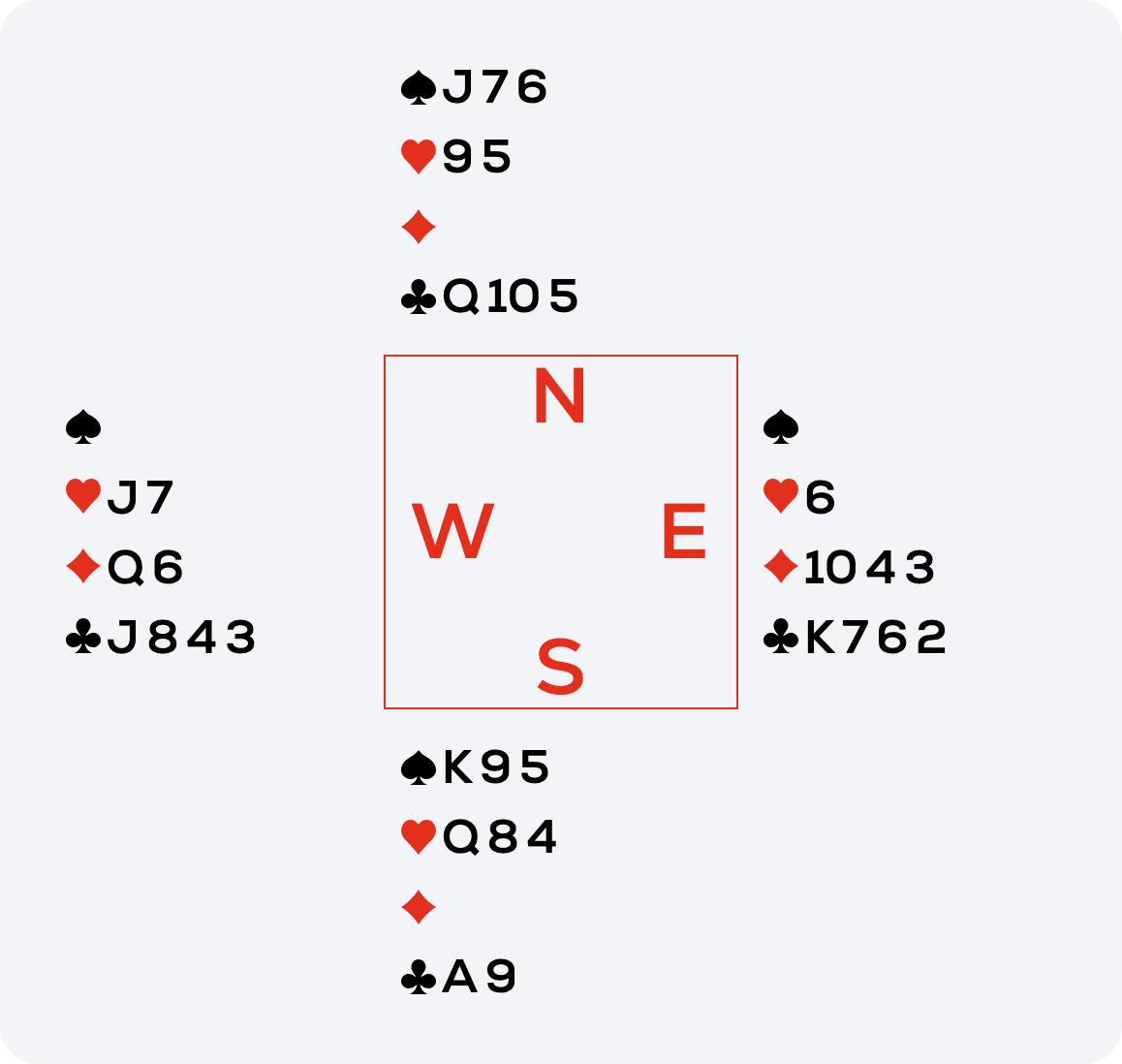
A heart to the ♥Q and another to West’s ♥J forced them to break one of the minors—either giving me a ruff and discard with a diamond or opening up clubs—, allowing me to duck into East’s known ♣K.
The critical inference came from West’s initial pass, showing East held the ♣K. So, when West played a club, there was no guess, just a hope that he held the ♣J.
Making 4♠ was worth 98%. Even stopping in 3♠ and making earned 82.3%. A large majority went down in 4♠ for a not-terrible 39%.
As so often happens, the main lesson is: listen to the bidding and draw the right inferences. Often, it’s what isn’t bid that provides the key.
P.S. At first glance, West’s heart discard seemed to give away the contract. Holding onto a heart would have let him exit safely later. But even without the heart discard, declarer could still prevail by drawing 2 more trumps, catching West in a complicated strip squeeze. This line, however, is much more difficult, so West’s discard was clearly a mistake.
What is the concept behind community articles?
Would you also like to write an article? At Funbridge, we like giving our players a voice. In this format of articles, it is you who write the content. If you notice a deal that you find particularly interesting and that you would like to share with the Funbridge community, tell us in a comment below! We will get back to you quickly.

Content Manager
What did you think of this article?
Share your opinion in the Comments section below.

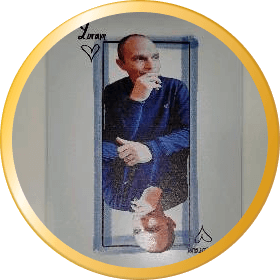
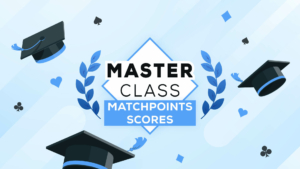
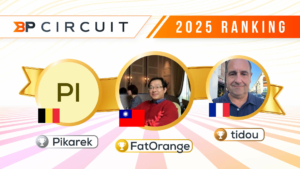

Hmm…still forgetting to count how many (let alone which) cards have been played in which suit, let alone taking into account what was bid (& whether opponents play 3rd & 5th) & not sure how someone gets the accolade « grand champion » but not surprised a former member of a national team has something worthwhile to impart to the likes of me.
2 hartr
Would be good if we could try playing these hands and then watch the experts play the cards
Agreed